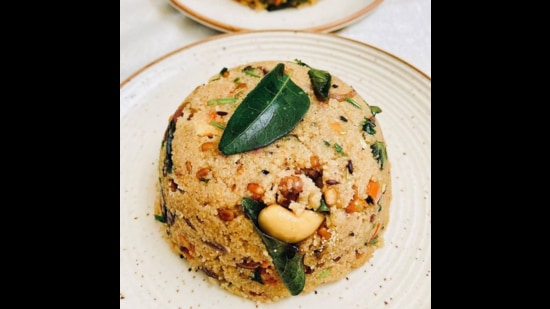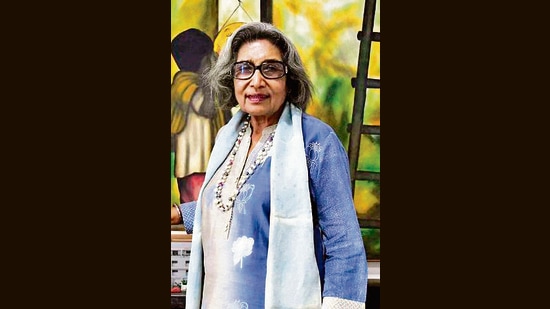
Radha Daga has always liked to keep busy. It’s partly why she started her ready-to-eat packaged meals company, Triguni Eze Eats, at 69. It’s why, at 80, she remains its managing director.
For over a decade, Daga has arrived at her Chennai factory at 10.30 am for inspection rounds, overseeing operations and occasionally conducting taste checks. She may have got into the game late, but “this is the future of food”, she says.
For most of her life, Daga ran a garments factory focused on exports. Then, in 2009, she went to the US on holiday and saw a packet of dehydrated ready-to-eat pasta. She was excited to try it. “I never did,” she says. But the idea of just adding warm water and getting a piping hot meal stayed with her.
The following year, she decided to use a spare room at her garments factory for some food experiments. She hired a chef who helped her create her first dehydrated meal: Cup-o-Idli. “We tried different variations, but it was just never soft and fluffy enough to my taste, so I almost gave up,” she says.
As a last-ditch effort, they tried lemon rice, and this time it worked. The rice retained its texture; the flavour was authentic. They went on to try the same process with vegetable biryani and upma, which are now among their top-selling products.

Today, the company has a total of 20 meals on offer, including poha, paneer butter masala, rajma-chawal, bisibele bhath, tamarind rice and vegetable fried rice. The operation has expanded from a seven-person team in 2010 to about 100 employees today. The garment export was shut down and the factory space turned into a certified food plant by 2011.
In addition to retailing online, Eze Eats supplies in-flight meal kits to airlines IndiGo and AirAsia India and to certain Indian Railways services via the Indian Railway Catering and Tourism Corporation (IRCTC).
Eze Eats meal prep is now supervised by a team of head chefs and cooks (including the chef behind the original food experiments). They follow traditional recipes to ensure that the end product tastes like home. Each batch has to pass a taste test, Daga says. This is followed by a dehydration process and then the food is ready to package. The whole cycle takes 36 to 40 hours.
An Eze Eats meal costs between ₹80 and ₹120 and has a shelf life of about six months.
“The bisibele bhath and moong dal khichdi are hot-selling items on our in-flight menus. Even as the pandemic set in we reached out to Eze Eats for crew meals because of the range of dishes and easy-to-eat and serve packaging,” says Parnitha S, an in-flight catering management executive with AirAsia India.
While its corporate clients make up its largest revenue stream, the company’s newest customers, according to Daga’s market research, tend to be college students and travellers who miss the taste of home. “As people get busier and travel more, they also end up missing home-cooked meals a little more. That’s where we come in,” she says.
Enjoy unlimited digital access with HT Premium

Eze Eats: Traditional recipes, ready to eat and on the go - Hindustan Times
Read More


No comments:
Post a Comment